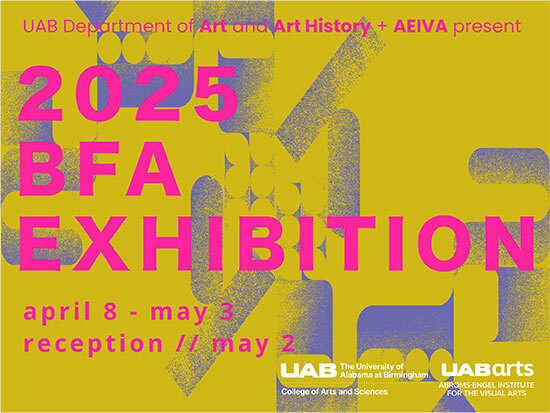 His words define American democracy and our national identity. But when Thomas Jefferson wrote that “all men are created equal” with the right to “life, liberty and the pursuit of happiness,” did that include women?
His words define American democracy and our national identity. But when Thomas Jefferson wrote that “all men are created equal” with the right to “life, liberty and the pursuit of happiness,” did that include women? Jefferson’s views wouldn’t gel with modern attitudes, says UAB historian Brian Steele, Ph.D., who recently received UAB’s Frederick W. Conner Prize in the History of Ideas for his essay exploring the subject.
According to Jefferson’s papers, Steele says, it was the natural order for women to tend to the home and children, living free of the “drudgery” of labor such as farming, which he considered a sphere reserved for men. America’s third president also believed women should be spared from the responsibility of political involvement. Overturning those roles, he wrote, would be disruptive to the republic because it would go against nature.
“One of the things I want to understand is how Jefferson could have considered himself to be liberal and progressive on this issue at the same time that he was saying all these things that we find profoundly sexist,” Steele says. “But I think he thought he was liberating women from oppression.”
 Thomas Jefferson thought that tending to home and family liberated women from the "drudgery" and oppression of outdoor work.
Thomas Jefferson thought that tending to home and family liberated women from the "drudgery" and oppression of outdoor work.In his scientific mind, Jefferson believed he was drawing conclusions from reasoned observations, explains Steele. Jefferson surmised that given a choice, women would naturally select the homemaker role just as someone would choose drinking clean water over dirty water.
“It’s not as if he was saying women should be seen and not heard; he didn’t want women to be uninformed politically or to be unintelligent,” Steele says. Women, after all, were viewed as key figures in raising well-educated, responsible citizens and in maintaining the virtue of their husbands. “We might find this profoundly limiting today, but Jefferson and most people in the 18th century saw these roles as really important.”
Steele adds that Jefferson’s opinions were shaped in large part by critical observations of two diverse cultures—Native Americans and Europeans. Jefferson thought that Native American gender roles, with women traditionally tending crops, were unnatural and restricted that culture’s advancement. And he viewed the aristocratic salon life and mixed gender roles in France as a dangerously corrupting influence, causing both genders to focus more on witty repartee than the future of their country. Jefferson considered America the only place where a true republic could survive because it was free of artificial aristocratic hierarchies.
However, there are obvious misconceptions and contradictions in his views of those cultures and even of hierarchies that did exist in the United States, Steele says. For one thing, he points out, Jefferson completely overlooked the role of slavery and hard labor by African-American females in making his ideal American order possible—and attainable only by the affluent.
But it’s important to consider the times in which Jefferson lived, Steele argues. “The point is not to debunk him, but to understand him better—to understand him in context.” Jefferson’s writings were “a way of celebrating American identity.”
By Tara Hulen


